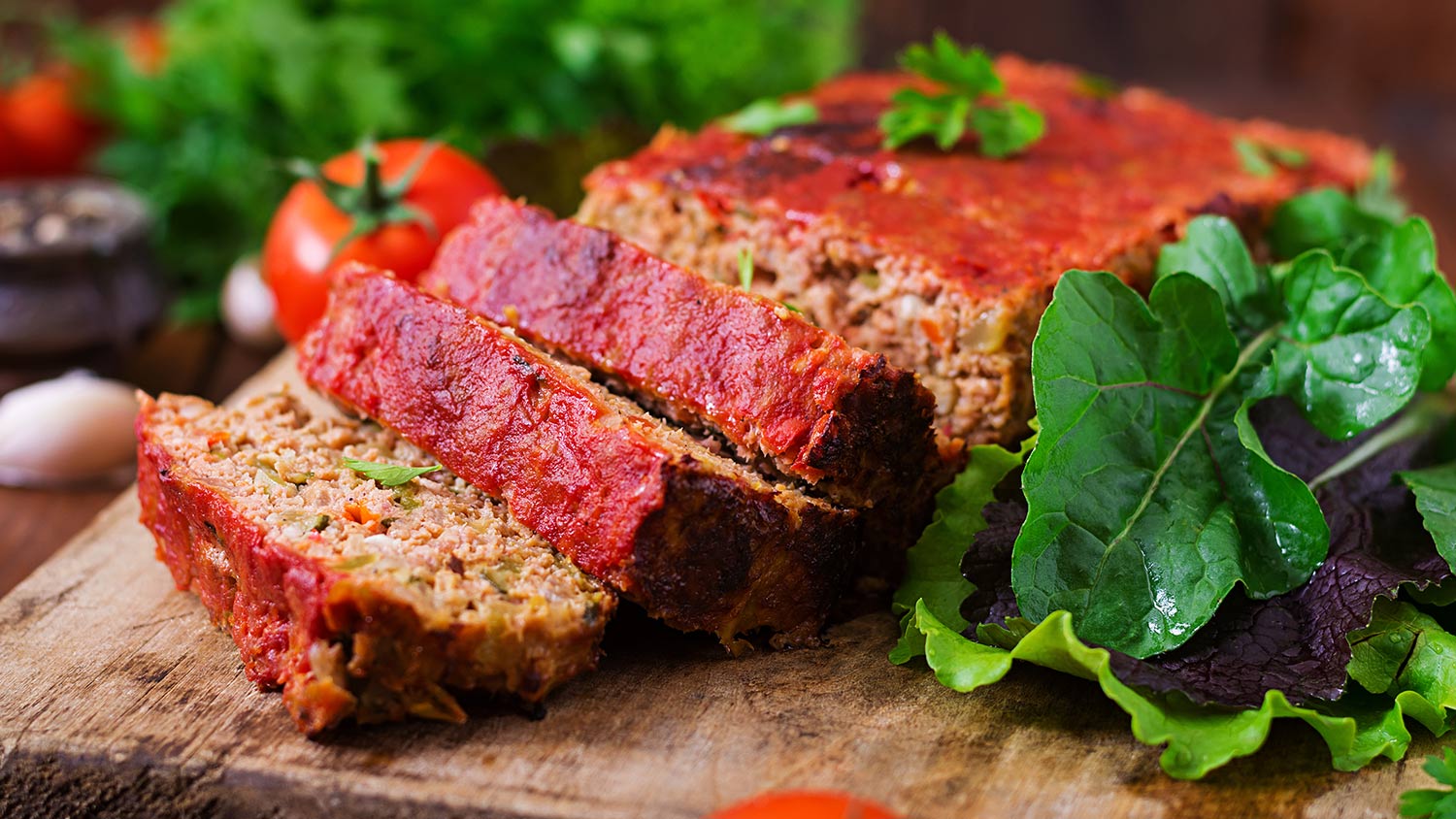Regularly eating your heart out can heighten risk for type 2 diabetes, high blood pressure, obesity and cancer, and it can also indicate more serious health conditions. One of these includes binge eating disorder, which is characterized by eating dramatically large amounts of food well after you reach the point of fullness. Binge eating and emotional eating are often linked to underlying mental health issues including depression and anxiety.
If you recognize emotional eating symptoms in your own daily habits, use the following strategies to help break the cycle.
Learn to recognize hunger
Next time you reach for a snack, ask yourself what is driving it. If you are truly hungry, you will notice symptoms such as a growling stomach, irritability or difficulty concentrating. If those signs are absent, try grabbing a glass of water. It will keep you feeling full and hydrated.
Keep a journal
Take time to create a “mood and food” journal. Write down what you eat each day, along with the emotions experienced before and during eating. You may find that specific feelings, such as anger or sadness, lead you to overeat. Once you recognize these triggers, you can learn healthier ways to deal with them.

Build a support network
Surrounding yourself with friends and family who support your efforts to change eating habits can improve your chances of success. It may also be helpful to join a support group, like Overeaters Anonymous, to meet other people with similar problems and learn better ways of coping.
Cultivate other interests
Finding an activity that you enjoy can increase self-confidence, something many emotional eaters struggle with. Playing a musical instrument or taking up painting can all be productive ways of achieving emotional satisfaction. Plus, exploring new passions will occupy more of your time, which is especially helpful if you find that your eating is driven by boredom.
Get help if necessary
If you have tried all of these methods and still can’t control emotional eating on your own, do not feel ashamed or discouraged. Take pride in the fact you are taking active steps towards better health, but realize that professional help may be necessary. A form of psychotherapy called cognitive behavioral therapy can be beneficial to alter your eating habits and deal with emotions more constructively. Medication, including antidepressants and appetite suppressants, may also help. Talk with your healthcare provider or a mental health professional to learn more about treatment options.
















